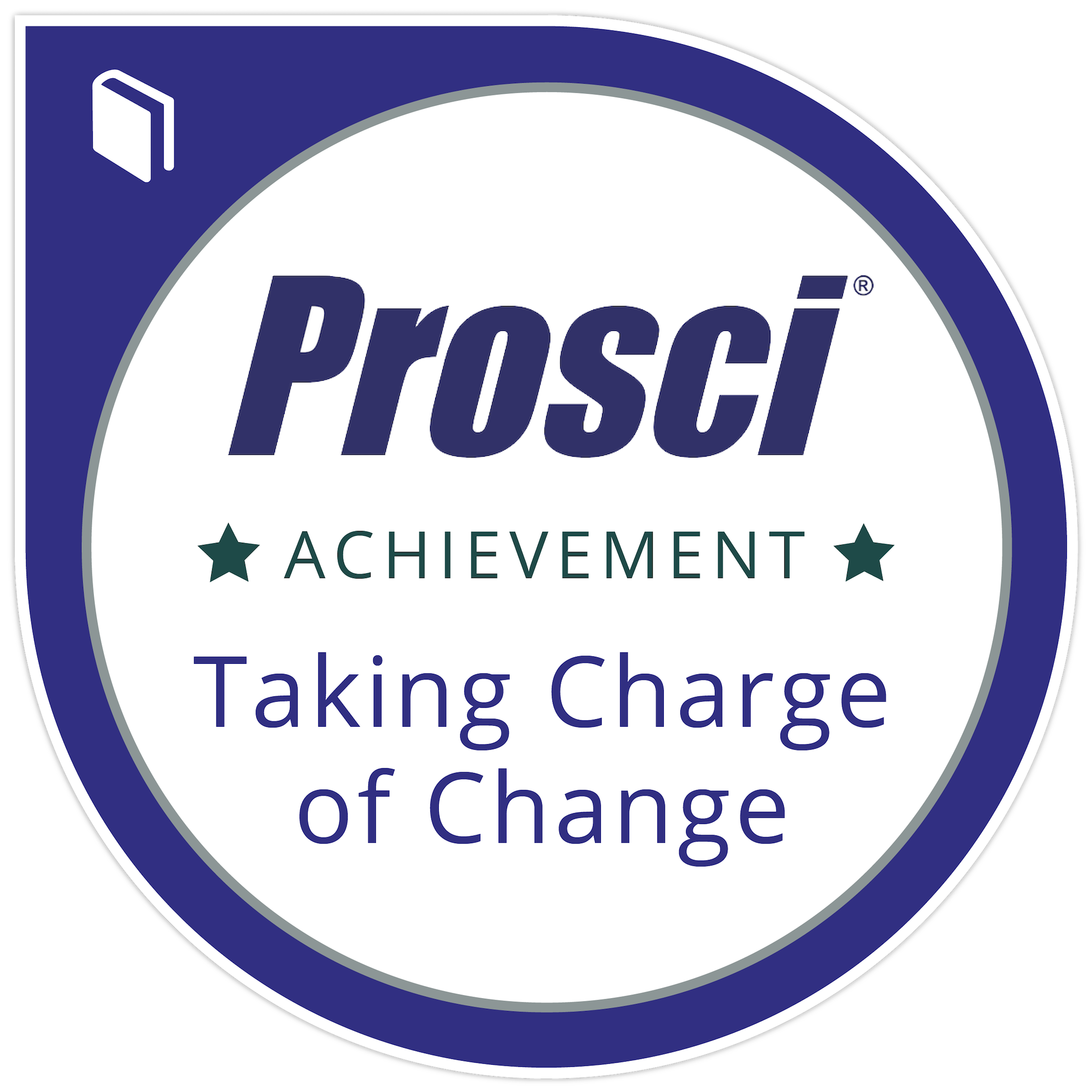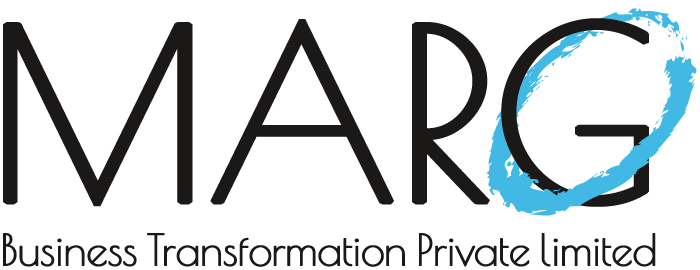One-day Workshop
Learn the value and benefits of change management
This one-day workshop helps participants develop an understanding of the principles of change management
and the many benefits it offers organisations. Participants also have the opportunity to apply the five tenets of
change management to an existing change initiative.
DID YOU
KNOW ?
In Prosci’s most recent Best Practices in Change Management research study, 88% of participants who had excellent change management programs in place met or exceeded project objectives.
Who should attend
- Senior leadership exploring how change management can benefit their organisation.
- High-potential leaders who need a more comprehensive understanding of change management.
- Key stakeholder groups affected by major organizational changes.
- Change agents who need to grasp essential concepts and develop a shared language with change practitioners.
- Project teams that need to learn what applying change management entails.
Note: This programme is not designed for change management practitioners and does not include any level of certification.
What you’ll learn
During this programme, you will:
Establish a shared definition of change management and how it impacts organisational outcomes.
- Understand how the technical and people sides of change are connected.
- Understand change management research and best practices.
Understand the value of change management
Learn and apply the five tenets of change management to a change project
- Conduct diagnostics and assessments for the project.
- Understand and apply the Prosci ADKAR model for individual change.
- Explore the three phases of organisational change.
Create a “commitment to action” plan.
Workshop Agenda
- What is change management?
- Delivering results and outcomes
- The reasons for change
- Change as a process
- Individuals as the unit of change
- Impacted groups and aspects of job change
- Connecting individuals to organizational change
- ROI factors of effective change
- The Prosci Methodology
- Top contributors to success
- Change management roles
- Resistance management
- Mobilizing adoption and usage
- Action items and next steps
Course Materials
- Program workbook and handouts
-
Best Practices in Change Management – 12th Edition
interactive report - Change Management: The People Side of Change
- Research Hub – A single point of access to Prosci research, including core studies, topical studies, and relevant data across a broad array of topics
- Knowledge Hub – ADKAR Assessment, PCT Assessment, Risk Assessment, and Yesterday-Tomorrow Change Impact Canvas (one-year subscription)

FAQs
The Taking Charge of Change workshop is a one-day programmethat dives into the principles of change management and its benefits for organisations. The programme is designed for senior management, change agents, project teams, and
key stakeholder groups affected by major organizational changes.
The ProsciTaking Charge of Change workshop helps senior leaders understand their critical role in change initiatives, enabling them to leadchange initiatvesthat supportbusiness objectives and foster a culture of adaptability and resilience within theirorganisations.
The workshop covers a range of concepts, includingthe five tenets of change management, the Prosci Methodology, including the ADKAR Model, the three phases of organisational change, research and best practices around change management, and how to develop a “commitment to action” plan for change.
Yes, the principles taught in the Taking Charge of Change workshop are industry-agnostic and can be applied to any sector, including IT, healthcare, finance, and manufacturing, to drive effective change initiatives. The programmealso involves applying the tenets of change management to an existing change initiative, which makes it directly applicable to eachorganisation’s unique goals and challenges.
